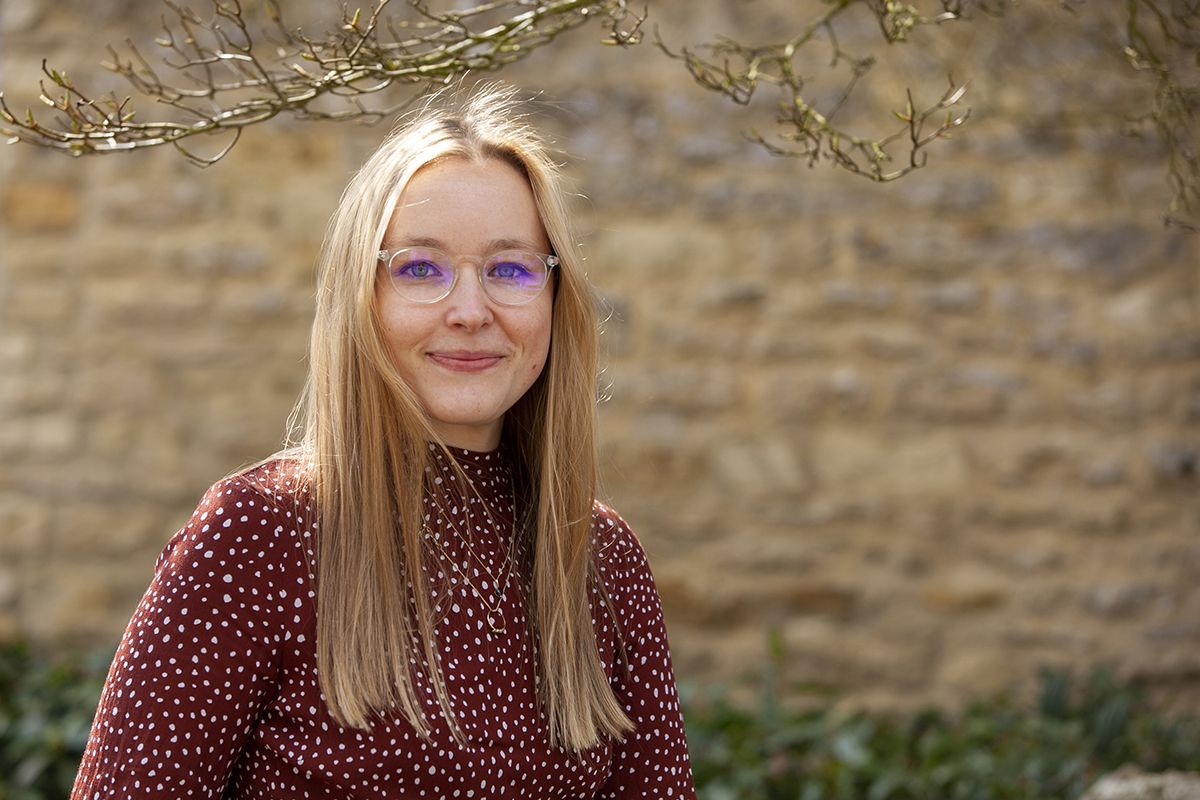It’s that time of year again – the days are getting colder and the festivities are beginning. Last year, we asked ESG Clarity readers how they were going to spend a sustainable Christmas and heard about recycled wrapping, staying local, Zoom carols and much more.
We also asked for our readers’ sustainable resolutions and predictions in the ESG space for the year to come. Now the year is drawing to a close we wanted to see whether they stuck to their resolutions and how their predictions played out over the course of the past 12 months.
Here we speak to Bethan Rose, sustainable investment analyst at Evenlode Investment
What’s your sustainability New Year’s resolution for 2022, and what’s your big prediction for next year in the ESG space?
My resolution last year was to not purchase a single plastic bag. I would usually bring my own reusable bag to the shop but there used to be the odd occasion where I would forget. I am pleased to say I haven’t bought a single plastic bag this year!
This year my resolution is to try and transition our household to purchasing and sourcing food more sustainably, namely by going to the local town market, purchasing local fruit and vegetables not wrapped in plastic, as well as buying more vegetarian and vegan food for both myself and my partner (I was already pretty much plant-based). For my cat, I also managed to source an insect-based cat food that has lower land use, carbon emissions and water footprint in its production compared to the usual meat-based pet food products; it also comes in a fully recyclable bag!
A huge focus for companies has been on carbon emissions, how best they can measure across Scopes 1, 2 and 3, and there is a lot of conversation around carbon pricing mechanisms and setting carbon taxes. Additionally, the importance of biodiversity and how companies affect the environment and nature around them is an important issue especially in terms of how we think about measuring that impact.
If you resolved to be less wasteful in 2021, how did you achieve this?
One of the biggest areas I try to target at home is food waste, a really big problem particularly in the UK, as lots of food often gets thrown away. As a household we have focused on cooking batches of meals while food is still fresh, and freezing for the week, as well as freezing anything that might be nearing its end date, like a loaves of bread. Just a couple of ways to reduce food unnecessarily ending up in the bin.
Were your predictions right and what development have you seen in that space over the year?
Last year, I spoke about wanting more ambitious and measurable goals from companies’ ESG strategies. We have definitely seen a step up over the past year in companies committing to measuring across say Scopes 1, 2 and 3 as well as attempting to set appropriate emissions reduction goals, including in some cases net zero targets. Positively, we are also starting to slowly see companies talk about how they can integrate sustainability related targets into remuneration policies.
See also: – Reflecting on ESG in 2021 with Hannah Simons: Record flows and open water swimming
See also: – Reflecting on ESG in 2021 with Eilidh Duncan: Regulation and meat-free meals
See also: – Reflecting on ESG in 2021 with James Clark: Renewables and repurposed funds








